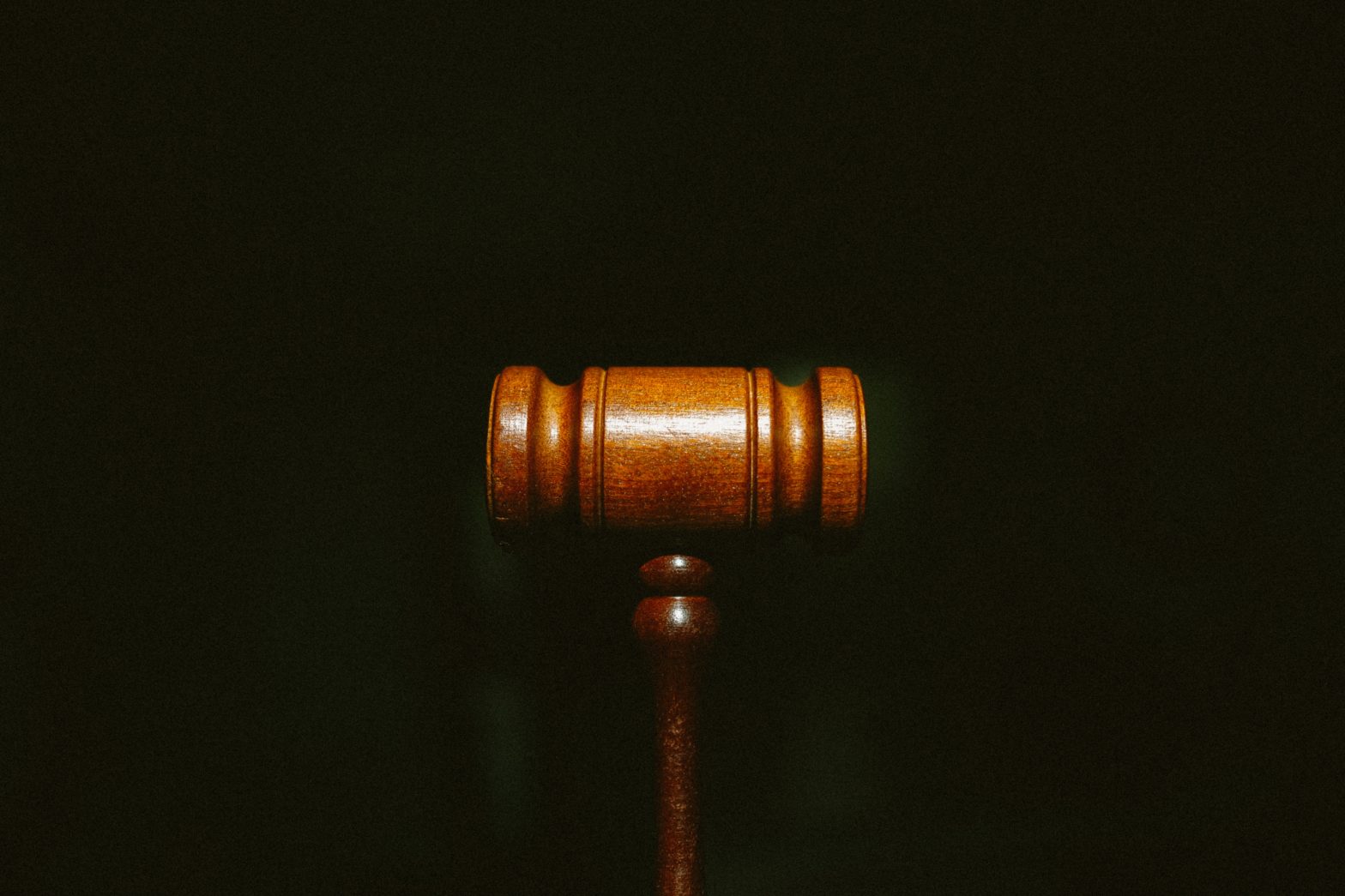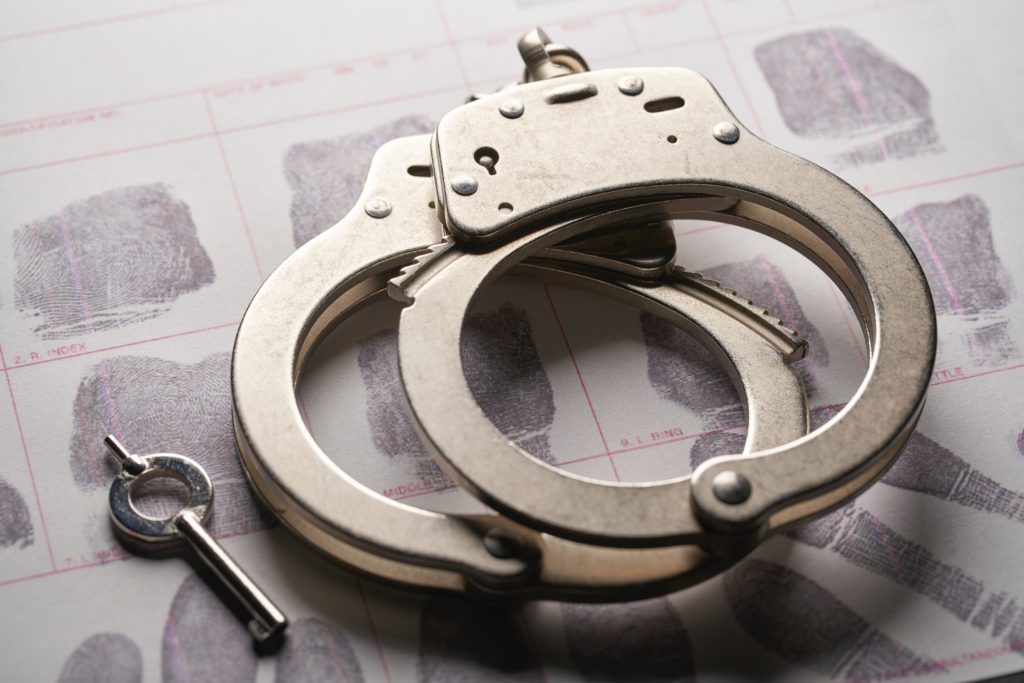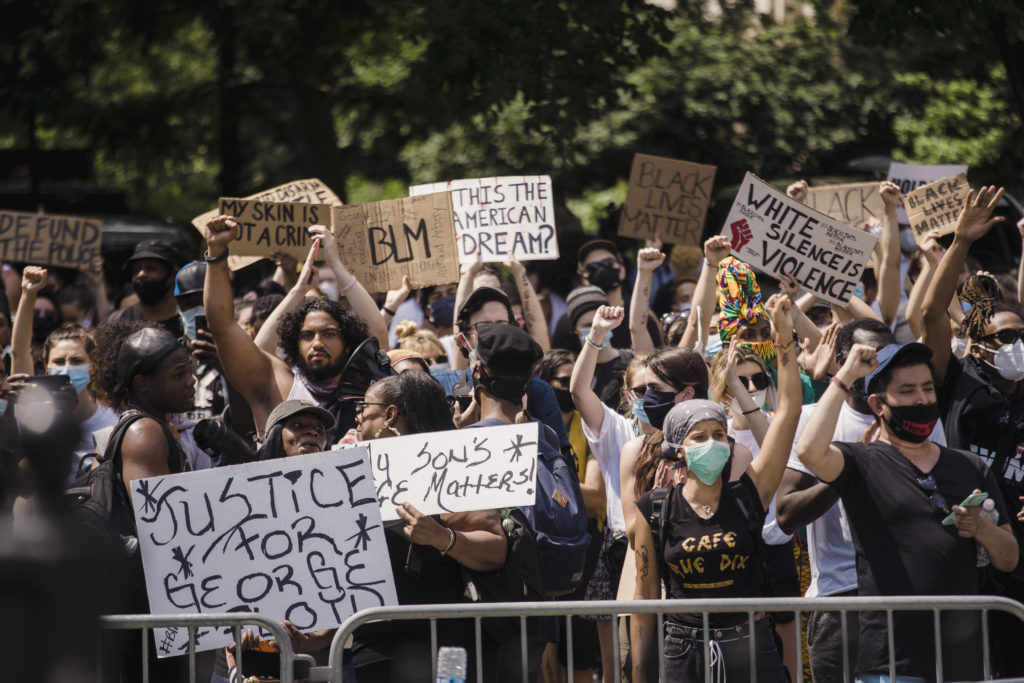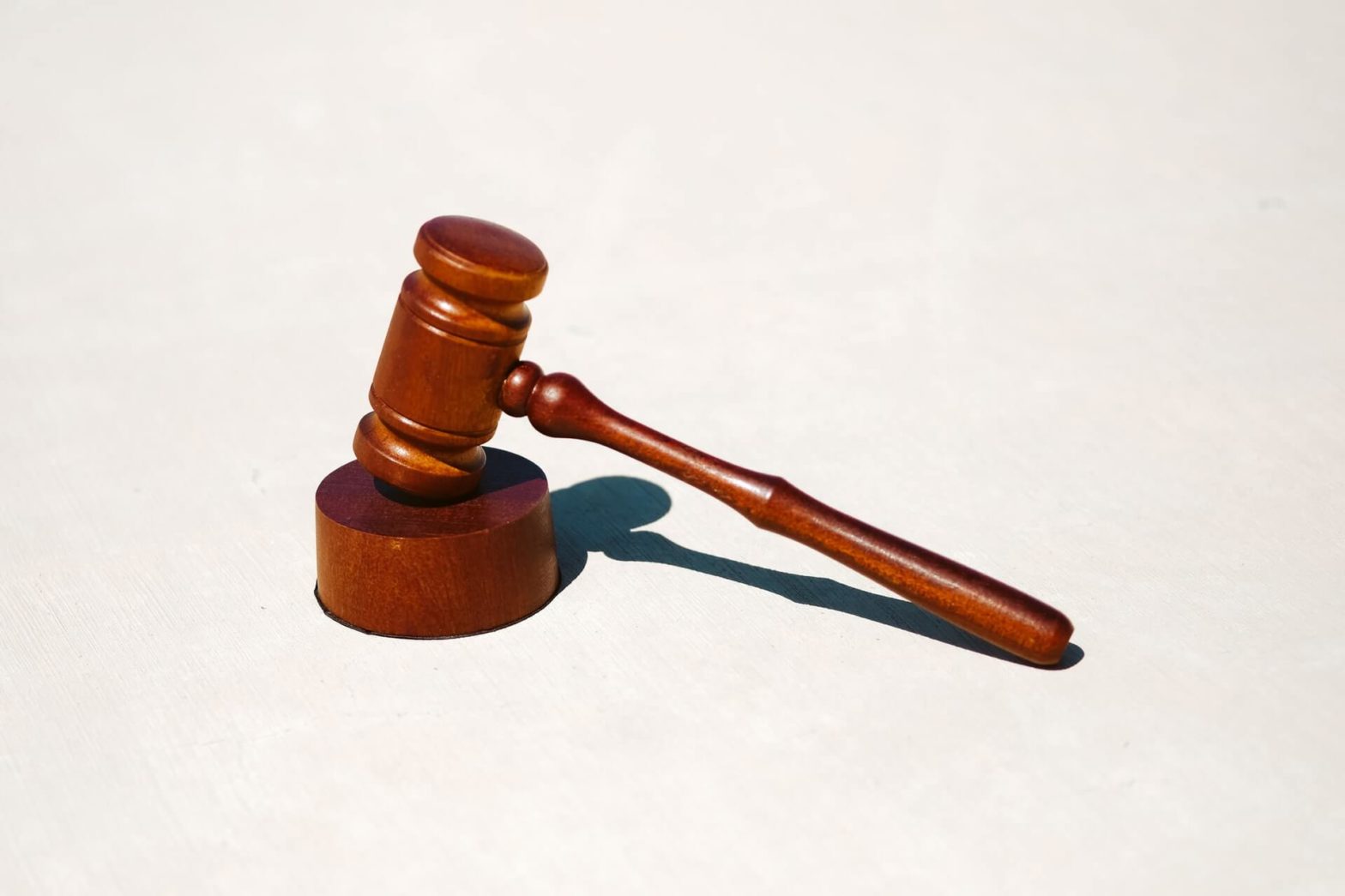We have been told all our lives that emotions don’t have a place in a civilized society. So, we go on pushing all ours down until there’s no trace of them left. But it doesn’t really work that way, does it? They don’t stay buried, in fact, they come out stronger and scarier the more you push, especially an emotion as strong as anger.
Therefore, it is not really uncommon for us to react in an unseemly way in the heat of the moment when all the things we have pushed and pushed bounce back to the surface all at once. The laws call it assault and battery, but it can be argued that it is just being human. However, the fact is, there are consequences to every action, including causing harm or threatening to do so even when it seems like the most natural thing to do.
But that is probably why a simple assault is considered a minor crime, and understanding how the law treats it and how to beat a simple assault charge in Texas can help you get away with your tiny mistake without much damage to your reputation or bank account. Let’s take a look at what assault and battery laws are in Texas and what you should do if you are charged with assault and battery.
What is a Simple Assault?
Unlike most crimes that have almost similar definitions in all states, Assault is defined differently in different states. What is a simple assault charge? A simple assault is defined in the Texas Penal Code to mean causing bodily harm or threatening to cause bodily harm to someone with the knowledge or intention of doing so.
A simple assault where bodily injury is caused intentionally, knowingly, or recklessly, is generally classified as a class A misdemeanor except for certain circumstances where it may get upgraded to a third-degree felony. Some of these aggravating situations are:
- If the victim was pregnant and the assailant was aware of it.
- If the assailant forces the victim to have an abortion.
- If the assailant knew that the victim was an emergency services provider and was providing services at the time of assault and battery.
- If the assailant knew that the victim was a public servant and was providing public service at the time of assault and battery.
- If the assailant knew that the victim was a security officer and was on duty at the time of assault and battery.
An assault without a bodily injury but a threat with an intention or knowledge of causing so is considered a class C misdemeanor. It can be reclassified as a class A misdemeanor or a class B misdemeanor if the victim is an elderly or disabled individual, a pregnant woman being forced to abort, or a sports participant performing their duties.
Penalties for Simple Assault in Texas
Your assault charge can be categorized as a misdemeanor or a felony depending on the circumstances and the act of assault and battery. If there was only a threat of bodily harm without actual injury, it would be considered a class C misdemeanor.
A class C misdemeanor charge does not lead to a jail term but can cost you up to $500 in fines. If, however, the circumstances of the assault and battery are such that your charge is upgraded to a class B misdemeanor, you might have to serve jail time of 180 days and pay a fine of up to $2000. (Read more: type of misdemeanors)
If in case your charge is categorized as a class A misdemeanor, you can be imprisoned for up to a year and may have to pay a fine of up to $4000. A simple assault can sometimes also be classified as a third-degree felony. If such aggravating circumstances were found in your case, you may have to serve up to 10 years in jail and pay a fine of up to $10,000.
As you can see, a simple assault charge can sometimes result in no jail time, but can also make sure you spend a decade there. Therefore, it is of utmost importance that you take advice from an experienced Austin Criminal Defense Attorney as they can help you navigate the legal system and the laws in a way that is most beneficial to you.
How to Get Simple Assault Charges Dropped
Can simple assault charges be dropped? The simple answer is, yes. Since there are always two sides to a story, the laws have readily accepted a list of defenses that can be used to either nullify or justify assault and battery. These defenses may not be very apparent in your case.
Therefore, it is extremely important that you are hiring a Violent Crime Attorney as soon as you become aware of an assault and battery charge against you. Your defense lawyer can help you find the best defense that will get your simple assault charges dropped altogether or get you the minimum possible sentence.
So, how to beat an assault charge in Texas? Let’s discuss the most common defenses that can be used in your case.
Self-Defense
This defense can be utilized to justify your use of force against the victim. Section 9 of the Texas Penal Code provides that it is justified to use a reasonable force required to protect yourself from an unprovoked force or a serious threat of force from another person.
But the force used for self-defense needs to be the minimum reasonable force required to protect yourself from the unlawful action of the victim. It cannot be extreme or unnecessarily violent.
Defense of Others
Your assault and battery charges may also be dropped if you used force to defend others or stop an ongoing crime. The state of Texas allows its residents to use reasonable force to protect others just like they would protect themselves if an attack was being made against them.
Defense of Property
If the assault was in response to attempted or actual trespassing or theft of your property, it can be used as a defense to get your simple assault charges dropped. Basically, if you were only trying to defend your property with the force or threat of force, it will not be considered an assault.
This defense extends over unlawful trespassing of your occupied habitation, vehicle, or place of business or employment.
Consent
If the victim had previously consented to the actions you took, you cannot be held liable for assault and battery. Section 22.6 of the Texas Penal Code defines consent for assault as the victim’s expressed consent or the actor’s reasonable belief that the victim has consented to the act if the said act did not cause serious injury to the victim or was expected because of:
- Occupational hazard
- Recognized medical treatment
- A scientific experiment conducted by recognized methods.
Accident
As noted above, intent, knowledge, or recklessness are key factors to constitute assault. If these are absent, your charges will be easily dropped. If someone was hurt by accident, and you did not intend to cause it, you can use it as a defense in a court of law.
Mistaken Identity
If it can be proven that it was not you who committed the assault and you are mistakenly being considered the perpetrator, your charges can be dropped. You can use a suitable alibi, video, or photographic evidence to prove your innocence.
Lack of Proof
If your intention, knowledge, or recklessness cannot be proven in the case, you cannot be charged with assault and battery. And if there is such a lack of proof, the prosecutor will have no choice but to drop your charges.
Types of Simple Assault Plea Agreements
If you have been charged with a simple assault in Texas, you will be heavily encouraged to enter a plea agreement. A plea agreement basically means pleading guilty to your crime and in exchange, receiving a reduced sentence.
This is beneficial to both the state and the accused — to the state because it saves them a lot of time and money that would have been spent on the trial and to the accused because you can receive a lesser sentence for your crimes.
For a simple assault, you can enter one of the following pleas depending on the circumstances of your case.
- Plea with no jail time – How to avoid jail time for simple assault? Well, if your record is previously clean and your case was not severe in nature, you may receive a deferred sentence and get away only with probation without serving any jail time on pleading guilty.
You may not even get a criminal record for your simple assault charges in some cases. Therefore, it is generally advisable to take this plea deal if you have the option to. Once you complete your probation period without committing any further crimes, you will be allowed to live your life as if nothing had happened.
- Plea with some jail time – If you have a previous criminal record or the circumstances of your case were severe, it is highly unlikely that your full sentence will be deferred for probation. In these cases, you may be offered a plea deal with a lesser jail sentence in exchange for a guilty plea.
These plea agreements can be beneficial in certain cases, especially if the evidence against you is… well, too evident. But this is where having an experienced Austin Criminal Defense Attorney by your side will be extremely beneficial for you. They can help you understand your options better and guide you in making the decision as to whether taking the plea deal is better than going for the trial.
First Time vs Repeat Simple Assault
A simple assault is generally not a serious charge, and there are good chances that you can avoid any jail time and much fine in these cases. But this outlook of the court drastically changes if you are a habitual or repeat offender. Let’s discuss how the treatment of your charge will be different from when it is committed for the first time and when it is a repeat offense.
First Time Simple Assault Charges
If this was your first simple assault charge, there is a good chance that you will be given a plea deal with no jail time. You can even get your record cleared if you are a model citizen during the probation period and are not committing any further crimes.
Repeat Simple Assault Charges
But if you have a previous record of assault and battery, you most likely will have to serve some time in jail and your sentence will not be completely deferred for probation. If you were already on probation for your previous charge, it is highly likely that your community supervision will be revoked.
If your previous charge was categorized as a felony and not a misdemeanor, your repeated charge will be upgraded to a higher charge and you will be tried for a higher degree felony than what cases similar to yours are generally classified as.
Since the consequences of a repeat assault charge can be extremely severe, it is almost mandatory that you reach out to a Violent Crime Attorney as soon as you become aware of the charges against you. They can help you get out of this situation with minimum damage.
How a Criminal Defense Attorney Can Help
A simple assault, although not an extremely severe offense, can become a huge problem very quickly, and at the very least leave a permanent mark on your criminal record. A criminal record can change your life drastically even after you have served your complete sentence.
And it will be especially unfortunate in cases like a simple assault because it can very easily be avoided altogether. That is when you have an experienced defense lawyer guiding you and fighting for you to get zero to minimum jail time and no trace of crime on your record. A lawyer can even help you negotiate a better guilty plea deal, when it is beneficial to you, and convince the prosecutor to drop your charges completely.
Consult Austin Criminal Lawyer Today
It is not unusual for the prosecutor to pile on charges over and above your simple assault charge to make it more severe. These are mostly baseless accusations and can easily be handled by an experienced defense lawyer. So, if you or your loved ones are facing assault and battery charges, your best move would be to get in touch with us immediately.
Call today to schedule this consultation at 512-448-4560. The Law Offices of James Gill, PLLC serves all of Austin, Westlake, Kyle, Buda, San Marcos, and the surrounding Texas communities.








